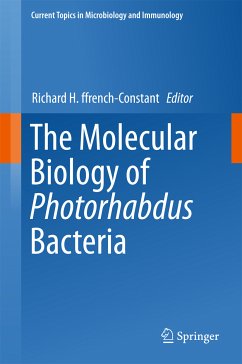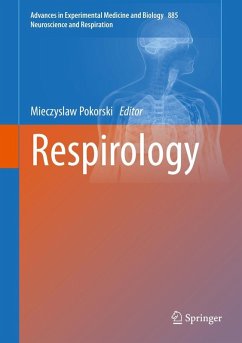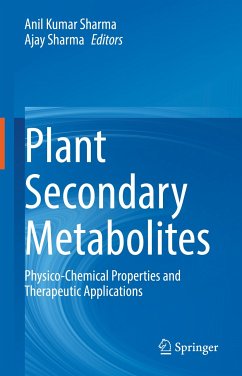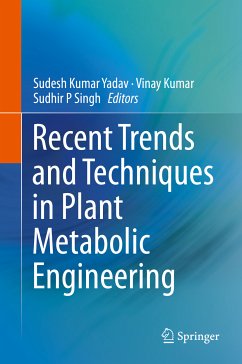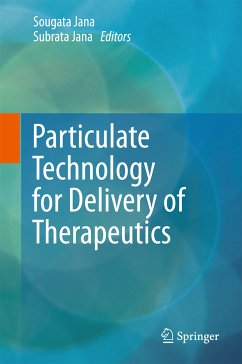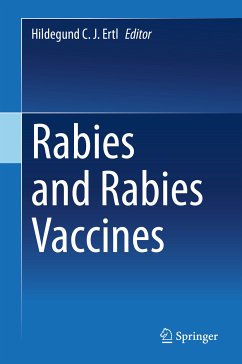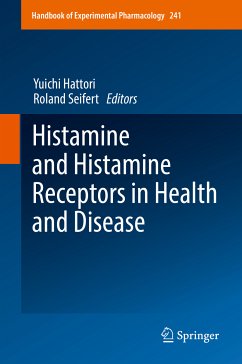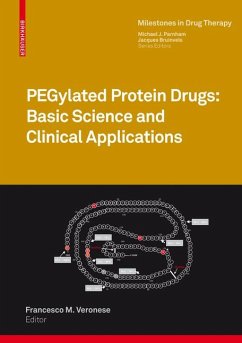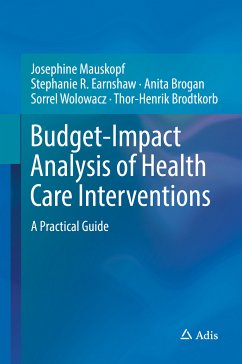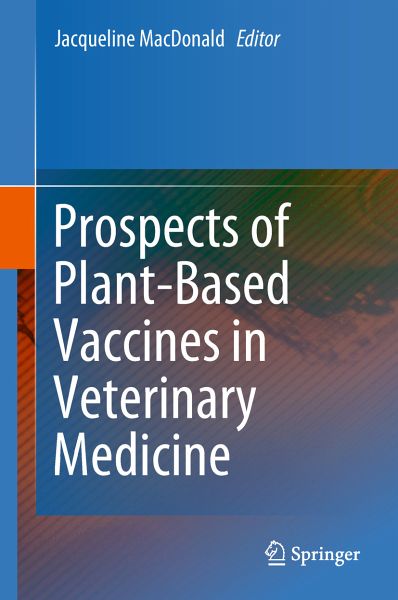
Prospects of Plant-Based Vaccines in Veterinary Medicine (eBook, PDF)
Versandkostenfrei!
Sofort per Download lieferbar
112,95 €
inkl. MwSt.
Weitere Ausgaben:

PAYBACK Punkte
56 °P sammeln!
This book provides an in-depth explanation of the advantages and current limitations of recombinant plant-made vaccines for use in veterinary medicine, including for livestock, pets, and wild animals. Written by top scientists in the field, it discusses the background to and latest scientific advances in plant-made vaccines for the most commonly targeted veterinary infections. With the recent high-profile research into recombinant plant-made therapeutics for Ebola and Zika viruses, it is likely that the products will be commercialized and widely used in the future. Plant-made therapeutics hav...
This book provides an in-depth explanation of the advantages and current limitations of recombinant plant-made vaccines for use in veterinary medicine, including for livestock, pets, and wild animals. Written by top scientists in the field, it discusses the background to and latest scientific advances in plant-made vaccines for the most commonly targeted veterinary infections.
With the recent high-profile research into recombinant plant-made therapeutics for Ebola and Zika viruses, it is likely that the products will be commercialized and widely used in the future. Plant-made therapeutics have a variety of advantages over those made in traditional systems; however, their most fruitful application may be in veterinary medicine, due to less stringent regulations and a greater need for low-cost products.
Dieser Download kann aus rechtlichen Gründen nur mit Rechnungsadresse in A, B, BG, CY, CZ, D, DK, EW, E, FIN, F, GR, HR, H, IRL, I, LT, L, LR, M, NL, PL, P, R, S, SLO, SK ausgeliefert werden.
Alle Preise in Euro und inkl. der gesetzl. MwSt. | Innerhalb Deutschlands liefern wir preisgebundene Bücher versandkostenfrei. Weitere Informationen: bitte hier klicken
Support
Bitte wähle dein Anliegen aus:
Rechnungen
Bestellstatus
Retourenschein
Storno



